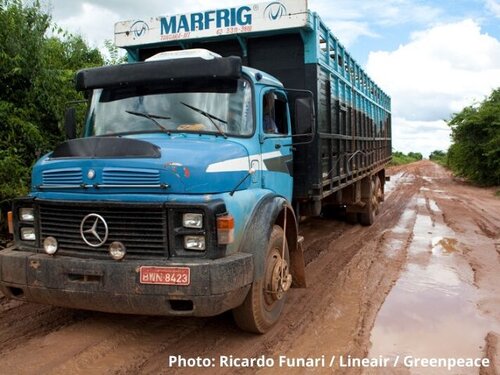
As in the EU, some US states are proposing to tackle tropical deforestation through legislation to ensure deforestation-free supply chains. In February 2020, California legislators introduced the California Deforestation Free Procurement Act which, if passed into law, will require all state contracts for products containing commodities that risk causing deforestation (known as forest-risk commodities – for example, palm oil, soy, rubber, paper, beef and timber) to affirm that they were produced without causing tropical deforestation. If they cannot affirm this, they will be barred from state procurement contracts.
As California is the world’s sixth largest economy, this is significant. Before Covid-19 disrupted the legislative process, a similar bill was expected to be introduced in New York state later this year; legislators are now waiting “until a better time”.
The California bill is most likely to pass into law first – potentially by October. This would make it the first law in the US to require a state to procure only products certified as not having contributed to tropical deforestation, destruction of peatlands, or exploitation of workers and local and Indigenous communities; products must also be legally sourced. The mechanism for doing so would be a requirement that all companies dealing in forest-risk commodities have in place robust “No Deforestation, No Peat, No Exploitation” policies, and demonstrate due diligence and traceability to the level of “the smallest administrative unit” – in essence, to ‘know and show’ their supply chains to the point of origin.
In addition to these legislative proposals, US customs are clamping down on cocoa imports from Côte d’Ivoire produced with child slave labour. This follows two US NGOs, IRAdvocates and Corporate Accountability Lab, petitioning the US Customs and Borders Protection agency to use its authority (Tariff Act, Section 307) to stop imports of products made with child labour, and to give companies – Mondelez, Mars, Nestle, Hershey, Blommer, World’s Finest Chocolate Inc, Callebaut, Cargill and Olam – a hard deadline (180 days) to produce evidence that they have stopped using child labour. This would include “a full and transparent supply chain, a detailed public report on how they are using independent third-party monitors to implement their policies and a grievance mechanism for victims.”
Category: News
